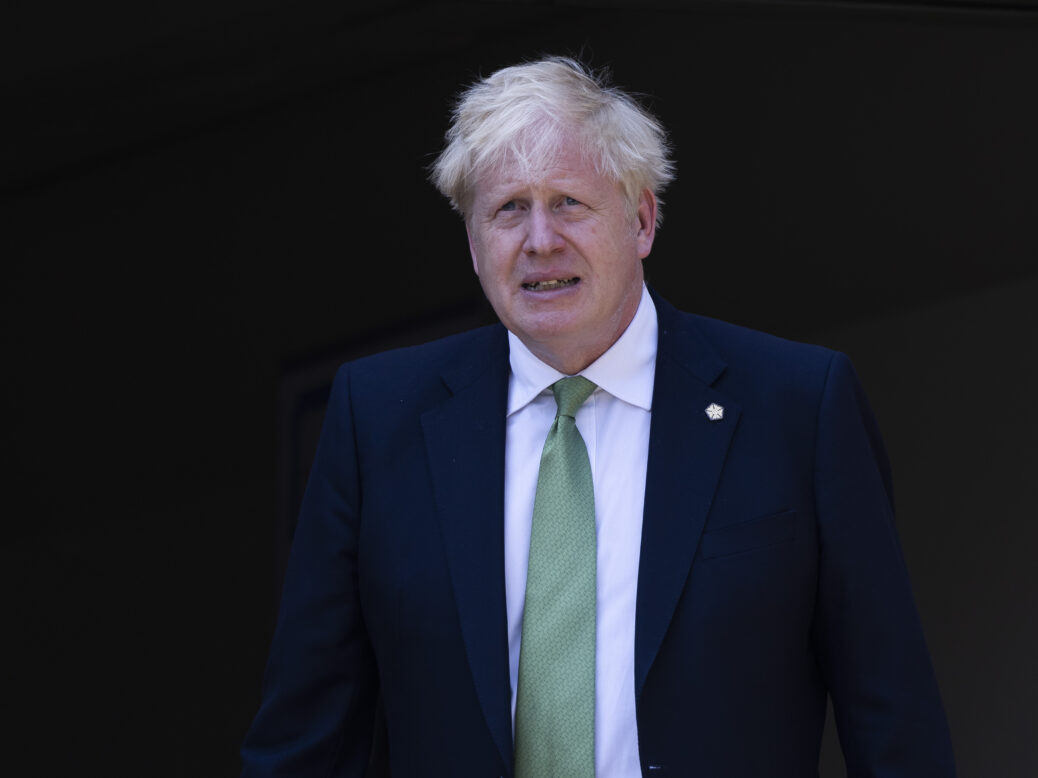
Is this death by by-election for Boris Johnson? Oliver Dowden, the Conservative Party chairman, resigned this morning after the Conservatives lost the Wakefield and Tiverton and Honiton by-elections, which could reinvigorate the campaign to oust the Prime Minister.
In Tiverton and Honiton, the Liberal Democrats did it again: this was the third seat with a vast Conservative majority that the party has won in this parliament (following victory in Chesham and Amersham and North Shropshire). The Tories’ defeat represents the largest numerical majority (24,239) ever overturned in a by-election, while the 29.9 per cent swing to the Lib Dems was the twelfth largest in parliamentary history. To lose three safe seats to the same party is more than carelessness.
As for Wakefield, Labour needed to claw back the support it lost in 2019 and it appears to have done just that. Remember, it was just over a year ago that Labour lost the Hartlepool by-election to the Conservatives on a 16 per cent swing. The swing in Wakefield this time was 12 per cent from the Tories to Labour. These results will shore up Keir Starmer’s leadership after weeks of disquiet among the shadow cabinet and give Labour renewed hope of becoming the largest party in the next general election.
The by-elections serve as a microcosm of that contest, with the Conservatives fighting on two fronts against Labour and the Lib Dems. The evidence of mass tactical voting (Labour’s vote fell by 15.8 per cent in Tiverton) shows how a de facto anti-Tory alliance could prove lethal for Johnson’s party. Labour and the Lib Dems were able to target their resources on one constituency each, unlike the Tories.
A similar strategy could prevail at the next election: almost all of Labour and the Lib Dems’ target seats are held by the Conservatives. As Ed Davey, the Lib Dem leader, told our business editor Will Dunn when he reported from Tiverton, “rational parties” will focus their resources on those constituencies where they are strongest.
Dowden’s resignation is a mark of the discontent in Tory ranks. He pointedly ended his letter to Johnson by emphasising that he would “remain loyal to the Conservative Party” (but not necessarily the Prime Minister). “Somebody must take responsibility,” he declared, in an implicit acknowledgement that Johnson will refuse to do so.
These by-elections have cast doubt on the Tories’ ability to win the next general election and, in doing so, they’ve cast doubt on the Prime Minister’s own position. Will more cabinet members join Dowden on the backbenches as the day goes on?
[See also: Wakefield and Tiverton & Honiton by-election results]






